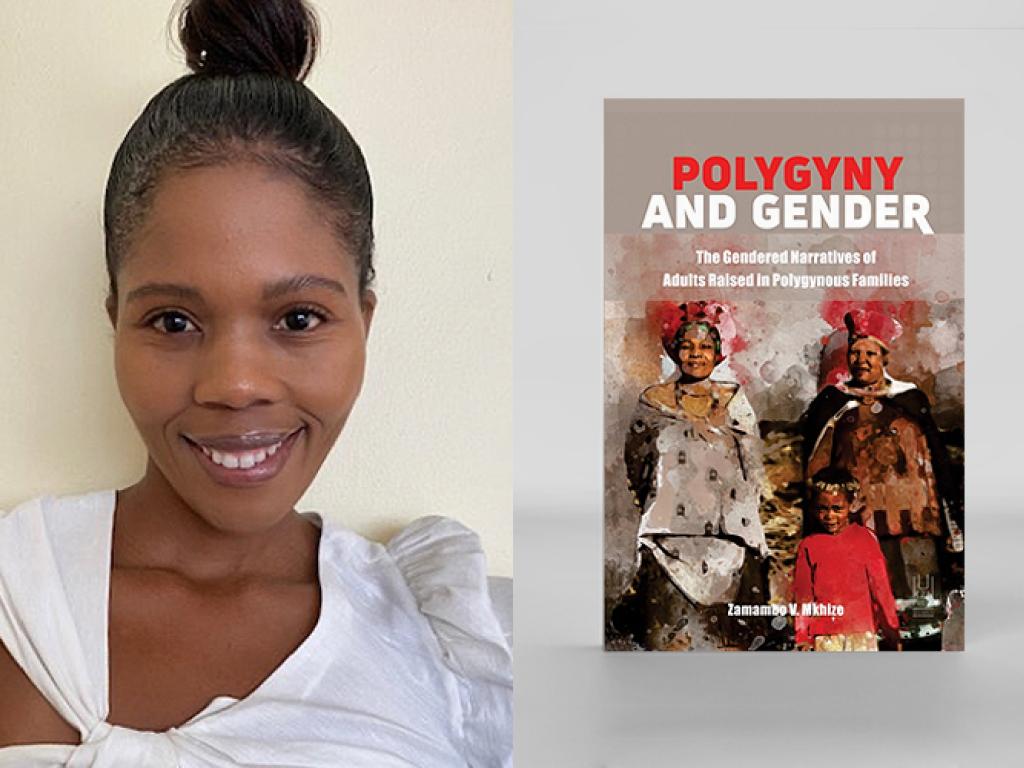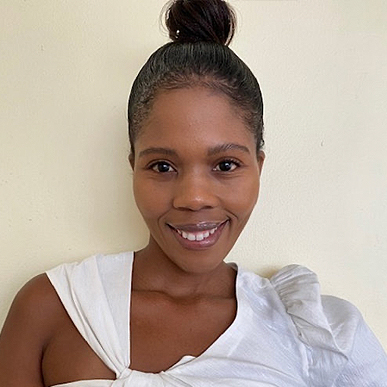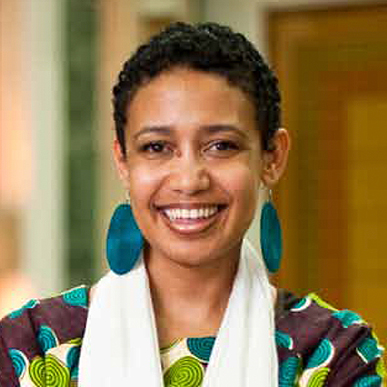Zamambo Mkhize: Polygyny and Gender. The Gendered Narratives of Adults Raised in Polygynous Families


HUMA Book Lunch
Introduction: African perspectives on concepts such as gender, feminism and the family are vastly different from their Western counterparts. Similarly, mechanisms of socialisation such as religion, capitalism and the law require context-specific application to the notion of polygyny. This book interrogates the construction of gender identity in adults raised in Zulu polygynous families in the Hammarsdale area in KwaZulu-Natal, South Africa. It highlights the complexities of gender identities as participants negotiate between modern, constitutional, individual freedoms and patriarchal, cultural, communal customs and traditions. The themes also point to the contestation between individuality and collectivism in the construction of gender identity within polygynous families in Zulu culture.
The South African Constitution guarantees gender equality and individual rights and freedoms for its citizens, yet customary law practices, such as polygyny, appear to contravene these principles. The participants reveal that although women and men experience different influences, they cite similar prevalent factors that have a bearing on their gender identity construction, namely, gender role socialisation, naming practices and the principle of seniority.
See the book: Polygyny and Gender: The Gendered Narratives of Adults Raised in Polygynous Families (University of KwaZulu-Natal Press, 2021).
Read: 'Zulu names and their impact on gender identity construction of adults raised in polygynous families in KwaZulu-Natal, South Africa'. Zamambo Mkhize & Janet Muthuki (2019). Nomina Africana, 33(2): 87–98.
Open-access extract, see licencing details on page.

About the author: Dr Zamambo Mkhize is a lecturer in African Feminist Studies at the African Gender Institute at the University of Cape Town. She did her undergraduate degree at Florida A&M University on a full tennis scholarship before undertaking her Honours in Criminology and Master's in Gender Studies from the University of KwaZulu-Natal (UKZN). Zamambo did part of her PhD in Pennsylvania as a Fulbright scholar, and she did her postdoctoral fellowship at the Centre for Critical Research on Race and Identity at UKZN. Zamambo's research focusses on modern polygyny, law, family, Zulu culture, and African feminism. She published her first book, Polygyny and Gender released in September 2021 by the University of KwaZulu-Natal Press. Zamambo's research focus is also on African women in high-stakes degrees such as science, technology, engineering and mathematics (STEM), and she has written numerous articles on this topic, which have been published in high-impact international and local academic journals. Zamambo founded the African STEMinist foundation, which is dedicated to supporting, mentoring and advancing African women in the STEM fields. Zamambo is an activist, academic and avid tennis player.

Discussant: Dr Yaliwe Clarke (University of Cape Town, South Africa) is the immediate past Director of the African Gender Institute at the University of Cape Town (UCT), South Africa. Prior to this, since 2000, she worked in civil society organisations and interacted with a wide range of women's rights activists and peace-builders/conflict resolution practitioners in over 11 countries in Africa. She is a skilled conflict resolution practitioner, trainer, and facilitator who has experience in assisting NGOs and CBOs across the African continent. Alongside this work, Yaliwe has taught and written on African Feminism, development and security at the University of Cape Town since 2008. She has a PhD in Social Development (UCT) that investigated the micro-politics of women's 'peace activism' in northern Uganda. She is also interested in notions of respectable femininity, marriage, pleasure, and (hetero)sexuality in Africa. Recent key texts include a book chapter (co-authored with Dr Constance O'Brien) titled "Reimagining Subversion: Agency and Women's Peace Activism in Northern Uganda" in Samuel, K., Slatter, C., & Gunasekara, V. (Eds.) The Political Economy of Conflict and Violence against Women: Cases from the South (Zed Books, 2019) and the article Considering 'gender fluidity' in Zambia: femininities, marriage and social influence in Journal of Contemporary African Studies (2021).